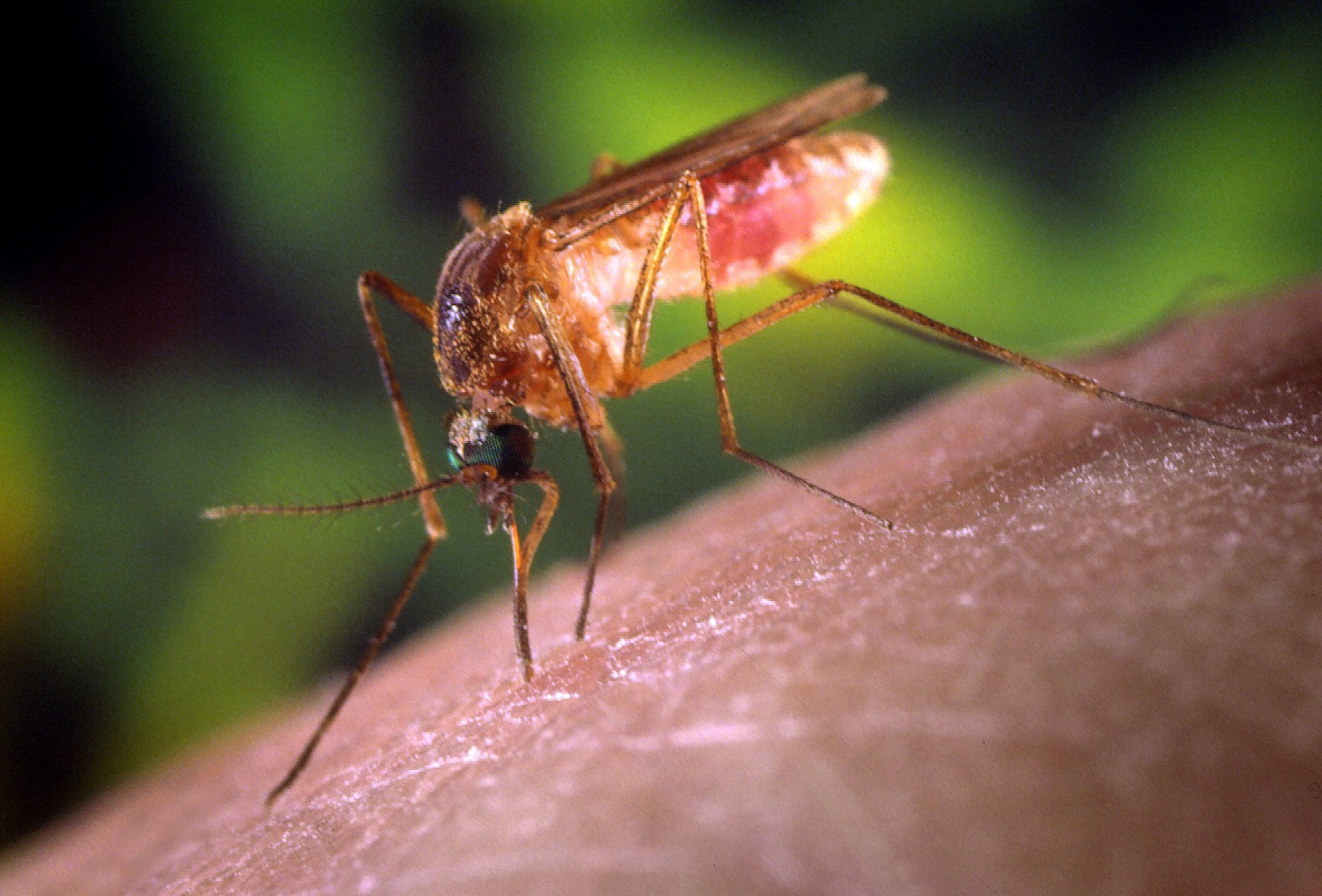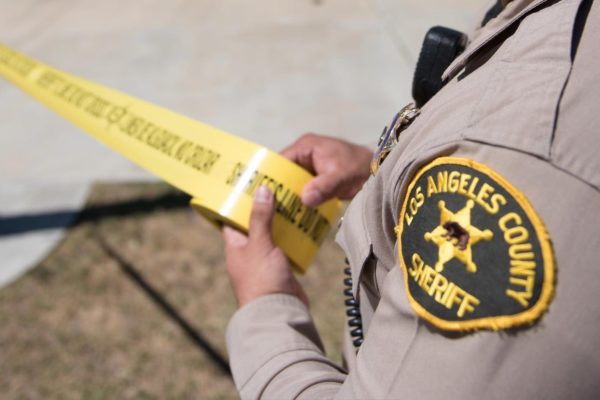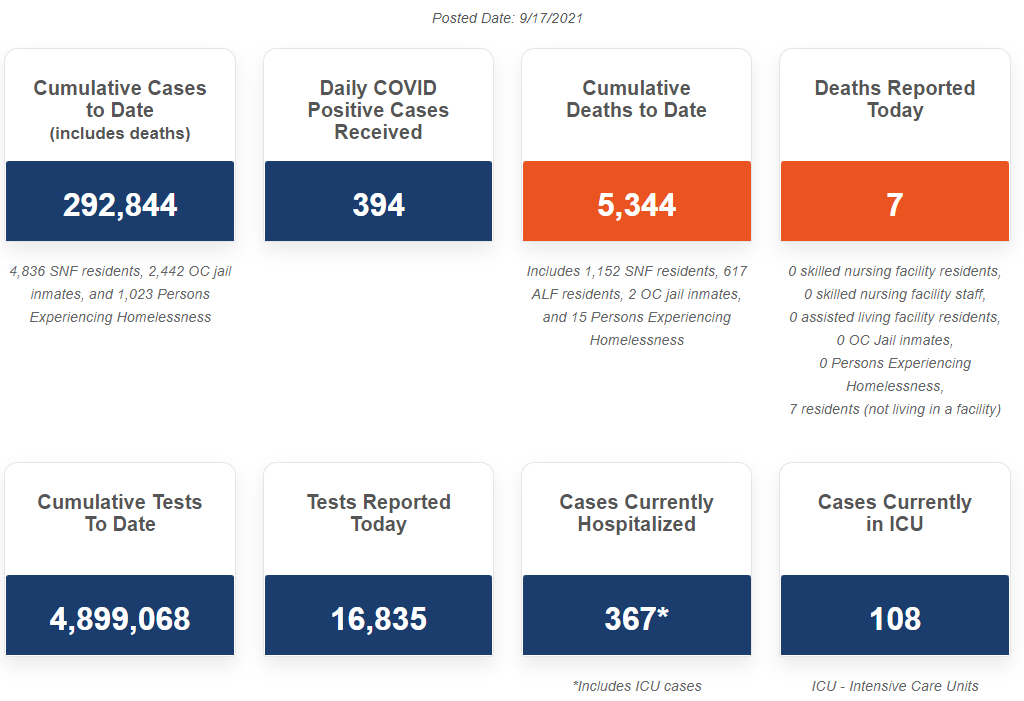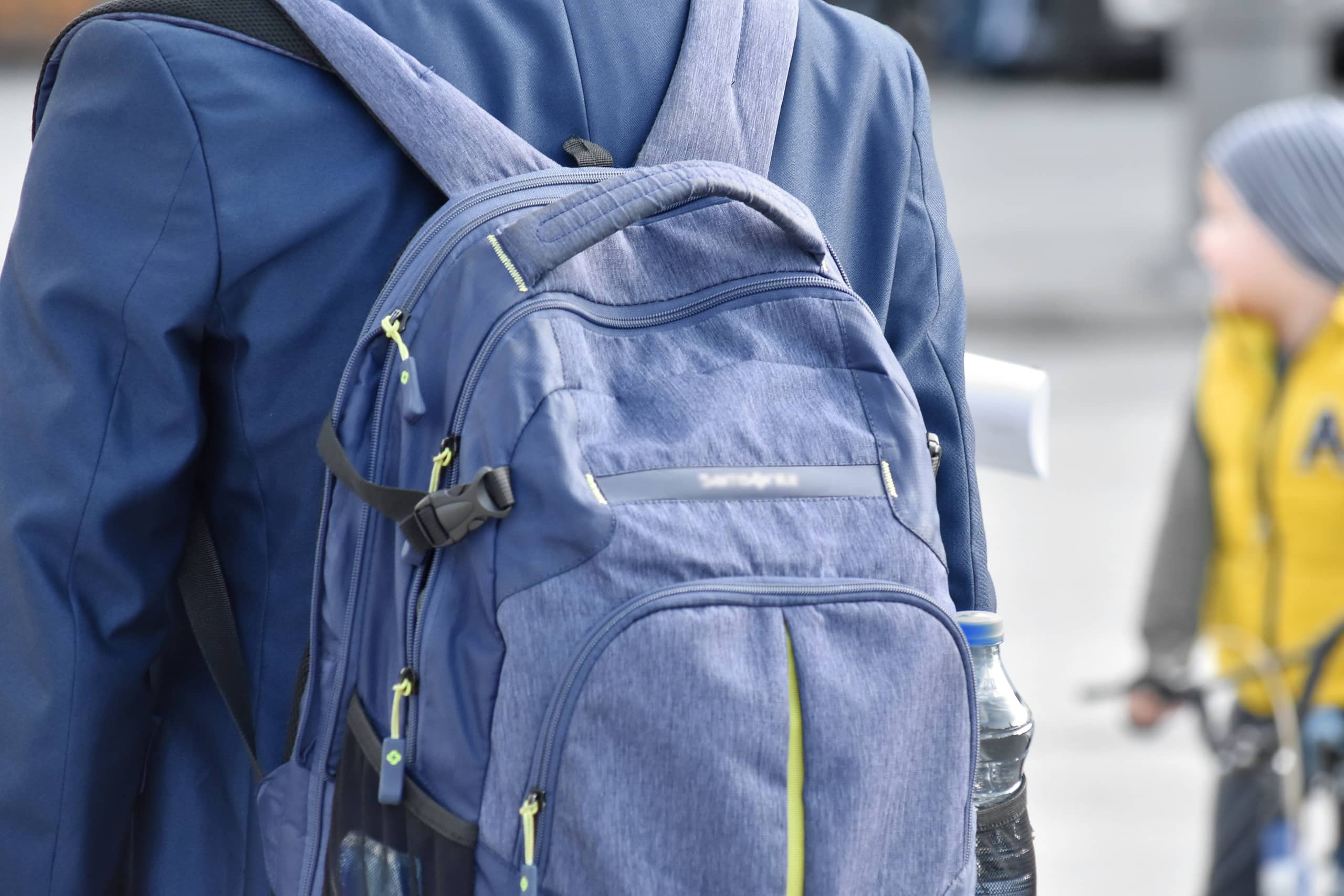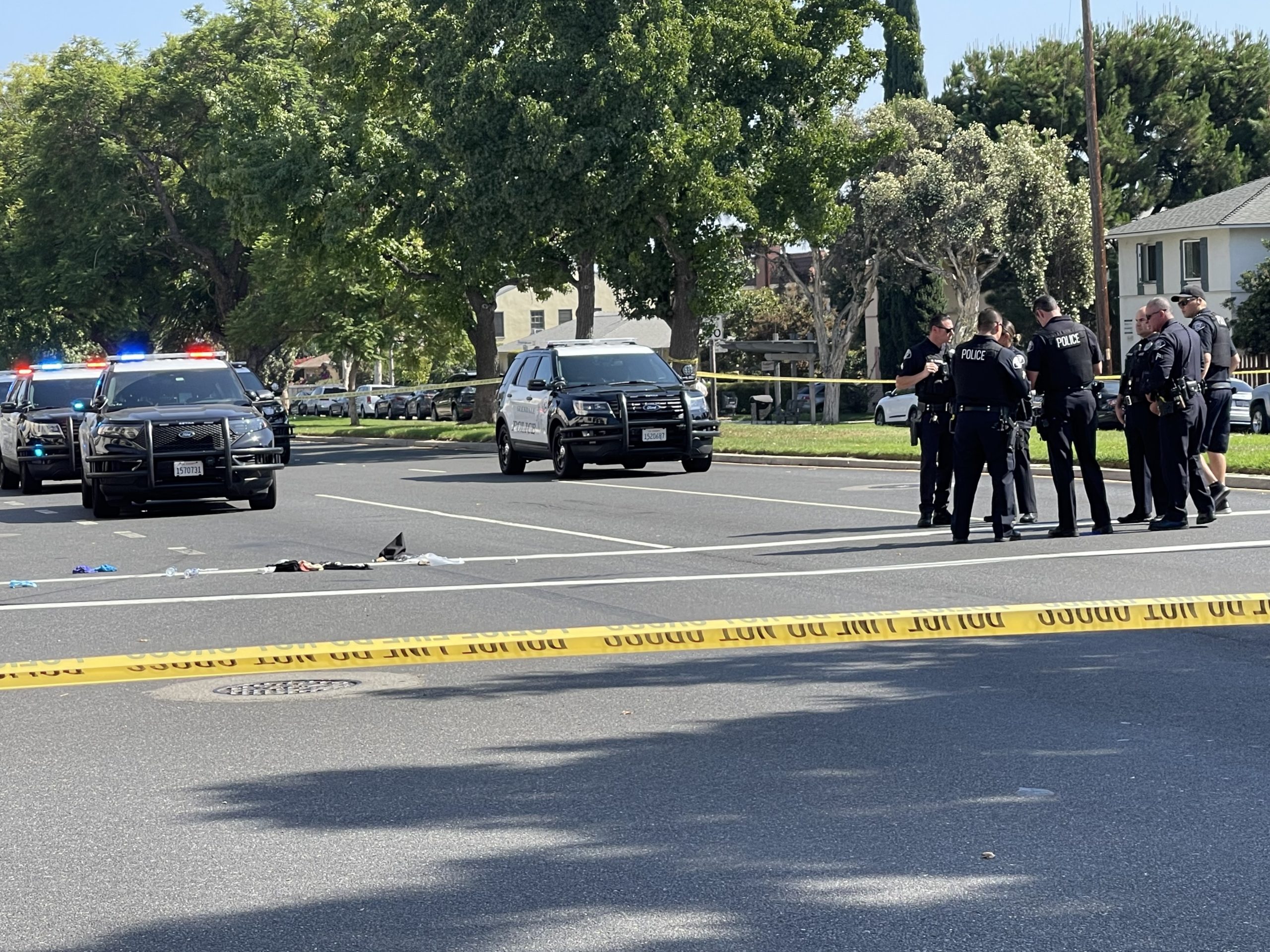The first death from West Nile virus in the 2021 season has been reported in Los Angeles County.
The victim, a resident of the eastern region of Los Angeles County, was hospitalized and died from WNV-associated neuro-invasive disease, the county’s health department announced Friday. No information was released on the person’s age or gender.
“To the family and friends feeling the sorrow of losing this person due to WNV, we send you our deepest sympathies,” Los Angeles County Health Officer Dr. Muntu Davis said. “West Nile virus can be a serious health threat to people who get infected. People should regularly check for items that can hold water and breed mosquitoes, both inside and outside their homes, and to cover, clean or throw out those items. I encourage everyone to protect themselves from diseases spread by mosquitoes by using EPA-registered mosquito repellent products as directed, and wear clothing that covers your arms and legs.”
Humans get the virus through the bite of an infected mosquito. Most mosquitoes do not carry the virus; therefore, most people bitten by a mosquito are not exposed to it. Those who do get West Nile virus may experience mild symptoms including fever, muscle aches, and tiredness. In some cases, especially in persons over 50 years of age and those with chronic medical conditions such as cancer and diabetes, severe infection can occur and affect the brain and spinal cord causing meningitis, encephalitis, and paralysis.
There is no specific treatment for West Nile disease and no vaccine to prevent infection.
A total of 10 cases have been documented in Los Angeles County so far this year (excluding Long Beach and Pasadena, which have their own health departments).
Warm temperatures can increase virus activity and mosquito populations.
The Greater Los Angeles County Vector Control District encouraged residents to take an active role in reducing the West Nile virus threat in their neighborhoods by:
- eliminating standing water in clogged rain gutters, rain barrels, discarded tires, buckets, watering troughs or anything that holds water for more than a week;
- ensuring that swimming pools, spas, and ponds are properly maintained;
- changing the water in pet dishes, bird baths and other small containers weekly;
- requesting mosquitofish from the local vector control district for placement in ornamental ponds;
- wearing EPA-approved and CDC-recommended insect repellent when outdoors where mosquitoes may be present;
- reporting neglected (green) swimming pools to the vector control district; and
- sharing this information with others to decrease mosquito populations.
Residents can contact the GLACVCD at glacvcd.org 562-944-9656, or on Facebook, Twitter and Instagram.

